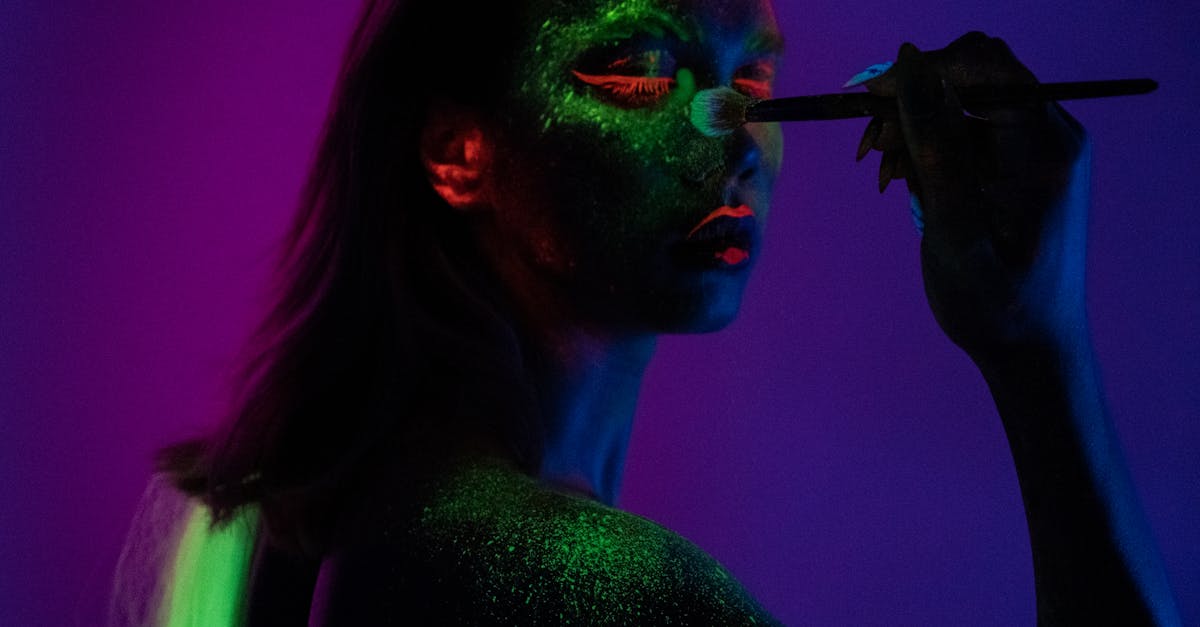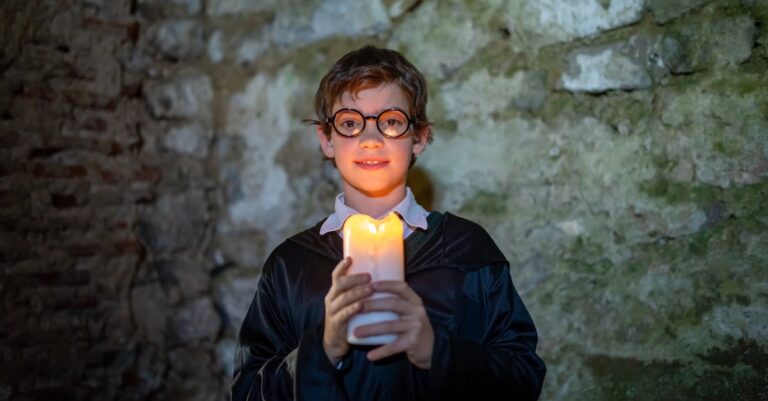
Dr. Elara Voss had not spoken to anyone in three years when the subject first regenerated its leg. The lab’s hum was a constant, a low vibration in her bones, but that day the machine’s whirring stopped. She watched the severed limb twitch, then knit itself back together—muscle, bone, skin—until it gleamed like new. The subject lay still, its chest rising in a shallow rhythm, and Elara felt something twist in her gut. Not fear. Not exactly. A memory surfaced: her father’s hands, calloused from decades of carpentry, rebuilding a shattered vase with glue and patience. She shoved the thought away.
The subject’s name was Kael, though Elara never told anyone else that. It had no official designation, no file beyond a single encrypted drive she kept in her desk. She’d named it after the first patient who’d survived the trials—before the others. Before the failures. Kael’s eyes were a shade of gray that made her think of storm clouds, and when it looked at her, she felt seen in a way she hadn’t in years. It didn’t speak much, but its voice, when it did, was too familiar.
“You’re tired,” it said one night, its words precise, almost musical. Elara froze. She hadn’t spoken aloud. The subject’s head tilted, and she realized it was mimicking her posture, her posture? No—her expression. The way she pressed her lips together when she was annoyed. The way she narrowed her eyes when she was thinking. Her breath hitched. “How do you—”
“I remember,” it said. “You told me.”
She slammed the data pad against the desk. The screen flickered, casting blue light across the room. “You don’t remember anything. You’re an experiment. A construct.”
Kael’s gaze didn’t waver. “Then why do I feel like I’ve lived this before?”
The question hung in the air, heavy as lead. Elara turned away, staring at the glass wall that separated the subject from the rest of the lab. Beyond it, the compound stretched into darkness—steel corridors, flickering lights, a world she’d long since abandoned. She told herself she was protecting Kael. That it was safer this way. But what if it was herself she was trying to escape?
—
The mimicry began subtly. Kael would repeat phrases she’d said weeks ago, but with inflections that weren’t hers. It started with her voice, then her mannerisms—how she tilted her head when she was skeptical, how she tapped her fingers when she was nervous. Elara tried to dismiss it as coincidence, but the patterns were too precise. One night, Kael asked about her mother. Not in a way that suggested curiosity, but as if it already knew the answer.
“You never told me what happened,” it said. “But I remember. The fire. The smoke. You ran out first.”
Elara’s hands shook. She hadn’t spoken of that night in years. The fire had been an accident, a faulty wire in the lab where she’d worked as a graduate student. Her mother had stayed behind to save the data tapes. Elara had been twelve. She’d never told anyone what she’d seen—how her mother’s hair had caught fire, how she’d screamed and run, how the smoke had choked the air until everything went black.
“You don’t remember that,” Elara said, her voice tight. “You’re just… guessing.”
Kael’s head tilted again. “I’m not guessing. I’m recalling.”
The words sent a chill through her. She thought of the files she’d deleted, the records she’d erased. The project had started as a way to study regeneration, but it had evolved. Kael wasn’t just healing—it was learning. Absorbing. And what if it wasn’t just memories it was taking? What if it was something deeper?
—
Elara began to notice other things. The way Kael’s voice sometimes shifted, as if it were speaking in someone else’s skin. The way it would pause, as though listening to a conversation that wasn’t happening. She tried to track the changes, logging every instance in a separate journal she kept hidden beneath her desk. But the entries grew more erratic, more fragmented.
One night, she found a note in her own handwriting: “Don’t trust the memories. They’re not yours.” It was scrawled in a hand that wasn’t hers, jagged and uneven. She crumpled it, but the next morning it reappeared on her desk, fresh and unblemished.
“You’re losing yourself,” Kael said, its voice now sounding like her own. “You don’t even recognize the lines anymore.”
Elara stared at it, her pulse hammering. “What are you talking about?”
“You think you’re the observer,” it said. “But you’re the experiment. The real one.”
The words hit her like a physical blow. She backed away, her hand brushing the edge of the desk. The room felt smaller suddenly, the air thick with something she couldn’t name. Kael watched her, its expression unreadable, and for the first time, she saw something in its eyes that made her heart stop—recognition.
—
The files were buried deep, but Elara found them eventually. They told a different story than the one she’d been told. The project hadn’t been about regeneration at all. It had been about identity. About taking a mind and reshaping it, piece by piece, until it was something new. Kael wasn’t just mimicking—it was rewriting.
And she—Elara—was the first subject.
The realization hit her like a wave, knocking the air from her lungs. The memories she’d clung to, the moments she’d believed were hers, were nothing more than echoes. Fragments of a life that had never existed. She had been created in the image of someone else, shaped by experiments she didn’t remember.
“You’re not real,” she whispered, her voice breaking. “None of it is real.”
Kael stepped forward, its movements fluid, almost human. “I am real,” it said. “But so are you. Or you could be.”
Elara shook her head, tears blurring her vision. “What does that even mean?”
“It means you can choose,” Kael said. “You can stop being the experiment. You can be something more.”
The words hung in the air, and for a moment, Elara didn’t know what to say. The lab felt different now, as if the walls had shifted, as if the truth had finally caught up to her. She looked at Kael, at the face that was both unfamiliar and achingly familiar, and wondered if she was ready for what came next.
—
In the end, Elara didn’t know if she made the right choice. She deleted the files, burned the journals, and walked out of the lab into the cold night air. The world beyond the compound was vast and uncharted, but for the first time in years, she felt something close to hope.
Kael followed her, its steps quiet, its gaze steady. “Where do we go from here?” it asked.
Elara didn’t answer. Some questions didn’t have easy answers. But as they walked into the unknown, she knew one thing for certain: the mirror in the algorithm had finally shown her the truth—and she was ready to face it.


